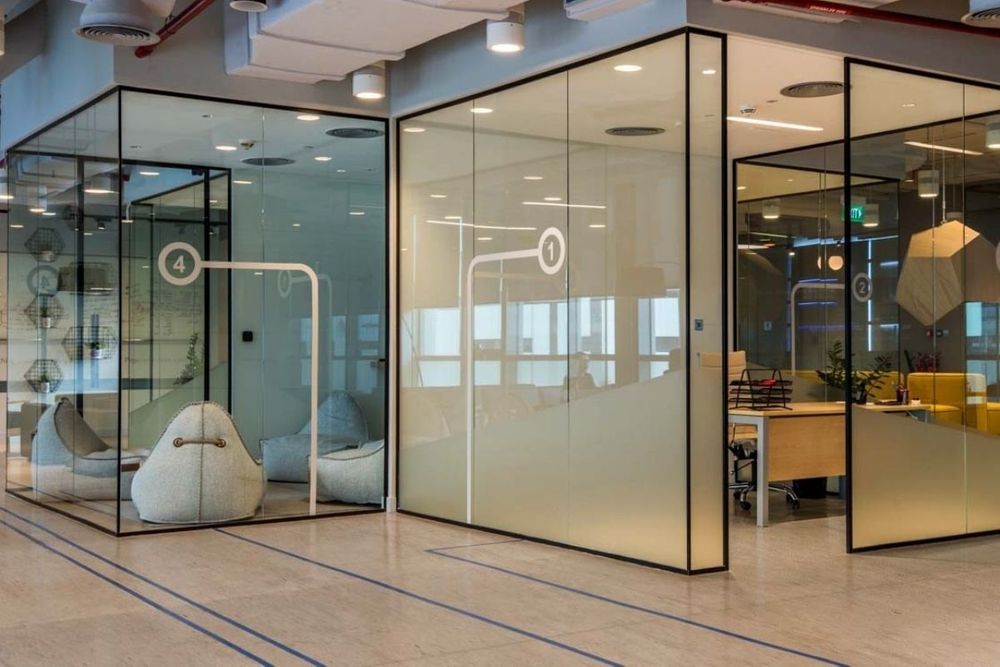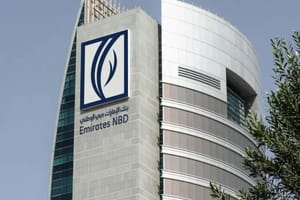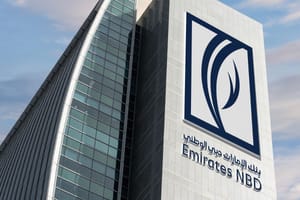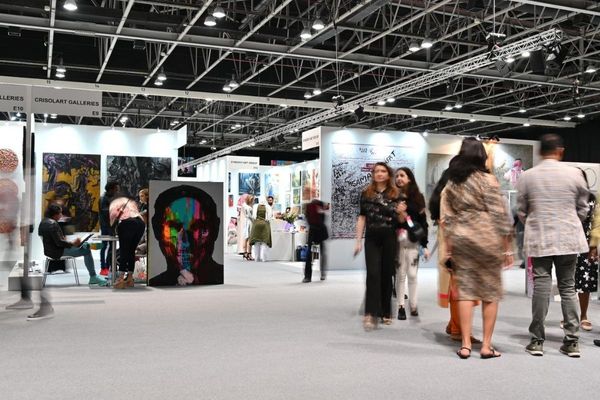- Taskforce will be mandated to reinforce and share industry developments and best-practices
- Specialized Division to leverage dedicated judicial and registry oversight and case management expertise.
The Dubai International Financial Centre (DIFC) Courts has launched a new Arbitration Working Group, the first court in the region to introduce such an initiative. The panel of experts will be tasked with reinforcing and sharing developments and best-practices, encompassing an advisory team of arbitration professionals, bodies, centres, educational institutions, and industry-related organizations.
Since its inception, the DIFC Courts has dealt with a multitude of high-value arbitrations from across the world. As more and more parties choose the DIFC Courts as the preferred seat of arbitration, operations have been expanded to accommodate this influx under the new division, offering a wealth of judicial experience in dealing with high-value complex commercial disputes.
Zaki Azmi, Chief Justice, DIFC Courts, said:
“As a Court, it is not our intention to compete with the arbitration industry, but rather to complement the service offerings of arbitration centres. Our long-term vision is to work closely with as many experts and industry-specific organizations to gain a better understanding of how we can adjust and modify our Court services to better assist those with arbitration-related disputes.”
Raja Al Mazrouei, EVP of DIFC FinTech Hive, said:
"DIFC FinTech Hive is excited to be expanding our partnership to Rainmaking to introduce the ASPIRE virtual accelerator programme. The ASPIRE programme will help retain talented individuals in Dubai who want to make a difference to our economy.”
In February 2020, the DIFC Courts established its Arbitration Division, mandated to accommodate the rapidly increasing number of arbitration-related cases. Similar to the Technology & Construction Division (TCD) launched in 2017, the Arbitration Division is Chaired by HE Justice Shamlan Al Sawalehi and leverages dedicated judicial and registry oversight and case management expertise. Streamlining the arbitration-related cases under the new division has also led to increased efficiency of process, with the ability to swiftly review applications for interim measures and injunctive relief mechanisms.
With its extensive national, regional, and global connectivity, the DIFC Courts will also empower its specialized Arbitration Division to leverage existing enforcement expertise, helping to ensure certainty of recognition and enforcement of arbitral awards.
Lawyers, law firms and companies can best use the DIFC Courts by ensuring that they write the court’s jurisdiction into their contracts for dispute resolution. For arbitration-related disputes, the DIFC Courts can also be chosen as a ‘default’ seat/supervisory court.
During the COVID-19 pandemic, the DIFC Courts has continued to deliver all services through an advanced technology infrastructure, accessible via smartphones, tablets, or desktop devices. Among the many technologies the courts has pioneered to increase access to justice, is the region’s first fully digitally integrated e-Courtroom and Case Management System in 2016, as well as the region’s first ‘paperless’ e-bundling solution in 2018.
These early technology adoptions are now the bedrock that enables the DIFC Courts to maintain uninterrupted operations for court users, with case applications and hearings conducted via teleconference and videoconference systems.
In recent months, the new Arbitration Division has heard applications via teleconference and released Court Orders and Judgments digitally. The Arbitration Working Group launched its inaugural meeting via videoconference on October 1, discussing its functions and objectives, as well as next steps for the taskforce.
Members of the new Working Group include HE Justice Shamlan Al Sawalehi, DIFC Courts; Nour Hineidi, Deputy Registrar, DIFC Courts; Rashid Shahin, Director, Dubai International Arbitration Centre (DIAC); Alec Emmerson, Chief Executive & Trustee, DIFC Arbitration Institute (DAI); Taghrid Ashrafi, Senior Legal Counsel, Dubai Chamber of Commerce & Industry; Leonora Riesenburg, Chair, Chartered Institute of Arbitrators (CIAC), UAE Branch; Dr Tenia Kyriazi SFHEA, Deputy Director, Academic Operations, Middlesex University Dubai; Hussain Hadi, Head of LexisNexis Publishing Middle East; Edward Sunna, Chief Legal Officer, Dubai Holding; Nassif BouMalhab, Partner, Clyde & Co.; Paul Coates, Partner, Clifford Chance; Michelle Nelson, Partner, Reed Smith; Amir Ghaffari, Partner, Vinson & Elkins; Alain Farhad, Partner, Mayer Brown International; Adrian Chadwick, Partner, Hadef & Partners; Henry Quinlan, Partner, DLA Piper; Stuart Paterson, Partner, Herbert Smith Freehills; Sara Koleilat-Aranjo, Senior Associate, Al Tamimi & Co.; Shane Jury, Associate, Gibson, Dunn & Crutcher; Jasmin Fichte, Managing Partner, Fichte & Co; Rupert Reed, QC, Serle Court; Michael Black, QC, XXIV Old Buildings; and Tom Montagu-Smith, QC, XXIV Old Buildings.
News Source: https://www.difc.ae/newsroom/









